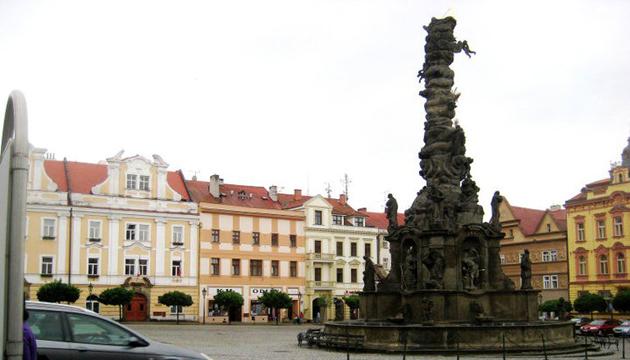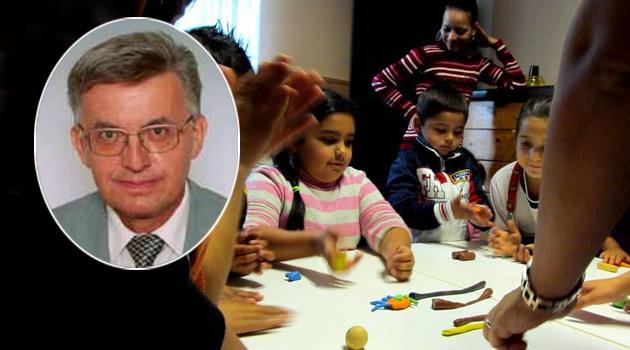Czech amateur theater group rejects Romani boy in institutional care

News server iDNES.cz reports that Michal, a 16-year-old resident of a Children’s Home in the Czech town of Chrudim, has had a bad experience with a local amateur theater group. Instead of being well-received there, he heard those in charge say that they have no time for babysitting and raising troubled children from the reformatory.
Michal has Attention Deficit Hyperactivity Disorder. He is dark-skinned, half-Romani, and loves to improvise and to parody others.
The Children’s Home encouraged him by enrolling him into the local Jan Nepomuk Štěpánek Theater Club. However, those running the club learned that Michal is not just from any children’s home, but from a juvenile reform institution, and said it would not be worth it to them to admit him.
"This is our right. The Children’s Home in Chrudim is also a juvenile reform institution and its clients already have various offenses on their records, we don’t have the time to babysit such people and focus on them individually," ensemble head Jan Slezák said.
Hana Holečková, a tutor from the institute who was present during the conversation, was shocked. What struck her most was how the ensemble head spoke right in front of the 16-year-old boy.
"He told us the club travels to perform in various venues and he doesn’t want to see things going missing," Holečková said. The management of the Children’s Home says such a judgment is too much of a generalization.
Slezák makes no secret of his position. "The institute in Chrudim doesn’t just house children with family problems. He can come here once he’s 18, when he will be liable for his own actions," he said.
The institute’s website acknowledges that children are placed there on the basis of preliminary injunctions and that they have diagnosed behavioral disorders. "We care for children whom the court has ordered into institutional education, they either come from dysfunctional environments or they actually have some offense on their records like shoplifting or truancy," director Lenka Kábelová said.
Michal’s story, however, is of a different category – he is no thief. He was first adopted by a family who then adopted more children to be his siblings, and despite the adoptive parents’ efforts, problems began.
"Michal couldn’t stand that situation, an inner defiance arose in him that led him to us," explains Holečková. However, the life stories of the children at the institute are not considered all-important.
The home makes it possible for all children who are interested in attending various hobby groups to do so irrespective of what brought them to "juvie". "They go to football or to ping-pong clubs and we have never encountered such a reaction," the director said.
When asked how often she has to address her wards committing theft in such cases, the director said she could recall only one case from 2012. "That was just a petty thing, our kid apologized and we made up for the damage," she says.
Hobbies are important for returning to society
Kábelová believes that hobbies are important for institutionalized children because they are usually not very successful at school. "We do our best to resocialize the children when they are not succeeding at school," she said.
Michal’s luck hasn’t been all bad, though. He got a better reception at the Laik amateur theater group in the town of Pardubice and will probably soon begin rehearsing there.
"We know he’s from a children’s home, but that doesn’t mean he steals. We are already looking forward to him and we believe he will join us as soon as possible," said Zdeněk Rumpík, the leader of the ensemble in Pardubice.
The iDNES.cz editors have Michal’s full name. It is not being published at his request.
